Squash
With many thanks to squash t.v for the use of this video
Right at the end of this month, and into August, it’s the WSF World Junior Squash Championships in Kuala Lumpur, Malaysia. The UK will be sending 9-10 players up to the age of 19 and the squad will be announced on 16th July – we will post the update on @bsportymagazine. You can check out the latest on the competition as it’s unveiled at www.wsfworldjunior.com.
England Squash have a fantastic website for junior players. Visit www.englandsquash.com and then ‘Get Involved’ and it tells you all you need to know to get started...or to carry on if you’ve already tried this great sport.
There are squash courts all over the country, not just at squash and rackets clubs but in leisure centres. I bet if you visit the ‘Club finder’ section of the website you will find a squash court in your leisure centre you may never have known was there! There’s also a ‘coach finder’ on the site and links to find out what equipment you need to play squash. Loads of leisure centres lend equipment out so don’t worry about buying rackets and balls for your first sessions.
Don’t just take our word for it, we have been lucky enough to speak to Nathan Lake who is 48th in the World! He is going to tell you how to get involved in squash and how to understand what’s what on a squash court.
With thanks to Nathan Lake for the use of this video.
With thanks to Nathan Lake for the use of this video.
With thanks to Nathan Lake for the use of this video.
Nathan has also answered some bsporty questions ...
Hi Nathan. We did an article on tennis last month, how is a squash racket different to a tennis racket?
Squash rackets are a lot lighter than tennis rackets and although they’re similar length, a squash racket is narrower. Sometimes my first squash coach used to get me to play squash with a tennis racket to strengthen my arm and wrist up, I wouldn’t recommend it!
How about the difference between a tennis ball and a squash ball?
Squash balls are black, apart from when squash is played on an all glass court where the ball is white so it can be seen by the players, crowd and TV cameras. Also, a squash ball is much smaller than a tennis ball and a lot less bouncy. Interestingly though, a squash ball gets warmer or colder depending on how much and how hard you hit it.
How is the court set up?
The court has four walls and is roughly 10 metres long and 6 metres wide, it might not sound very big but it can feel far too big at times! The World’s top events happen on all glass courts and can be set up anywhere, one of the most famous venue’s in in Egypt in front of the Pyramids.
How do you score points?
You can score points by making the ball bounce twice, if your opponent hits the ball going out of court or doesn’t get the ball it above the tin (the bottom line on the front wall). You can also score points by hitting a nick which is the holy grail for all squash players, this is where you hit the join between either the side walls or back wall and the floor, learn how to do this and you’ll go far! The final way a player can win a point is with a stroke, this a decision the referee may make if he feels one player is stopping his/her opponent from playing a winning shot.
How long does a typical match last?
Matches on average last around 45 minutes but can go on much longer, the longest ever match was 150 minutes between Hong Kong’s, Leo Au and Canada’s Shawn Delierre
Are there only singles matches in squash?
No doubles is also played in squash and is played at several major games including the commonwealth games, the World Doubles Championships is actually currently going on in Australia.
What skills do you need to play?
One of the things I love about squash is that there are so many elements and ingredients involved with being a good squash player. Things like accuracy, determination and good spatial awareness rank high on the list of skills needed in squash.
How did you first get started playing squash?
I first played squash at 9 years old, by chance my primary school had a squash club and 2/3 times a week we went over to the private school across the road and used their courts.
There are squash courts hidden in leisure centres across the country, is that where you first played?
I first played at a private school across the road from my primary school and then I played at the Rugby Club were my Dad played rugby, they had two courts and a very healthy junior club.
Can you practice squash skills on your own as well as with friends?
Squash can be played on your own or with your friends, a large part of my training is practicing on my own, working on my technique and accuracy.
You are a former European Junior Champion and now 48th in the World, do you have a favourite place you have visited on your competing travels?
I’ve been extremely lucky in that squash has taken me all around the World, but my favourite place I’ve played so far has to be Cape Town, South Africa. The weather, food and people are fantastic, I’m constantly looking for excuses to go back there!
What would your advice be to kids wanting to give squash a try?
What are you waiting for!? Go online and use the England Squash court finder tool to find your closest courts and ask your parents to take you down and try it!


